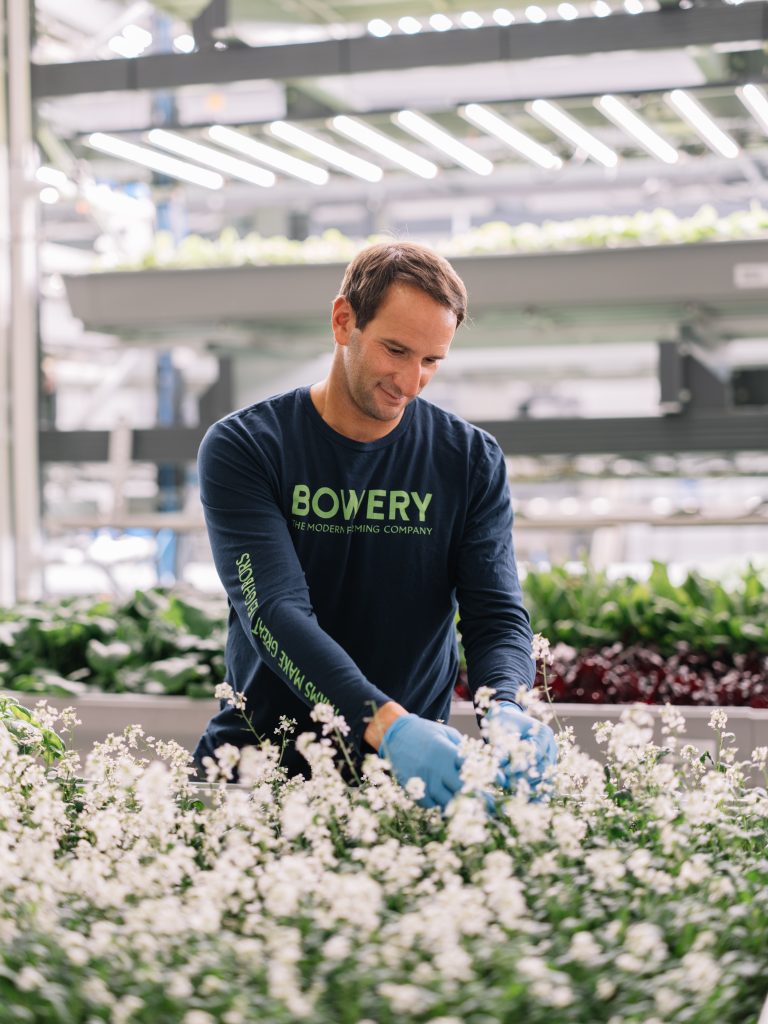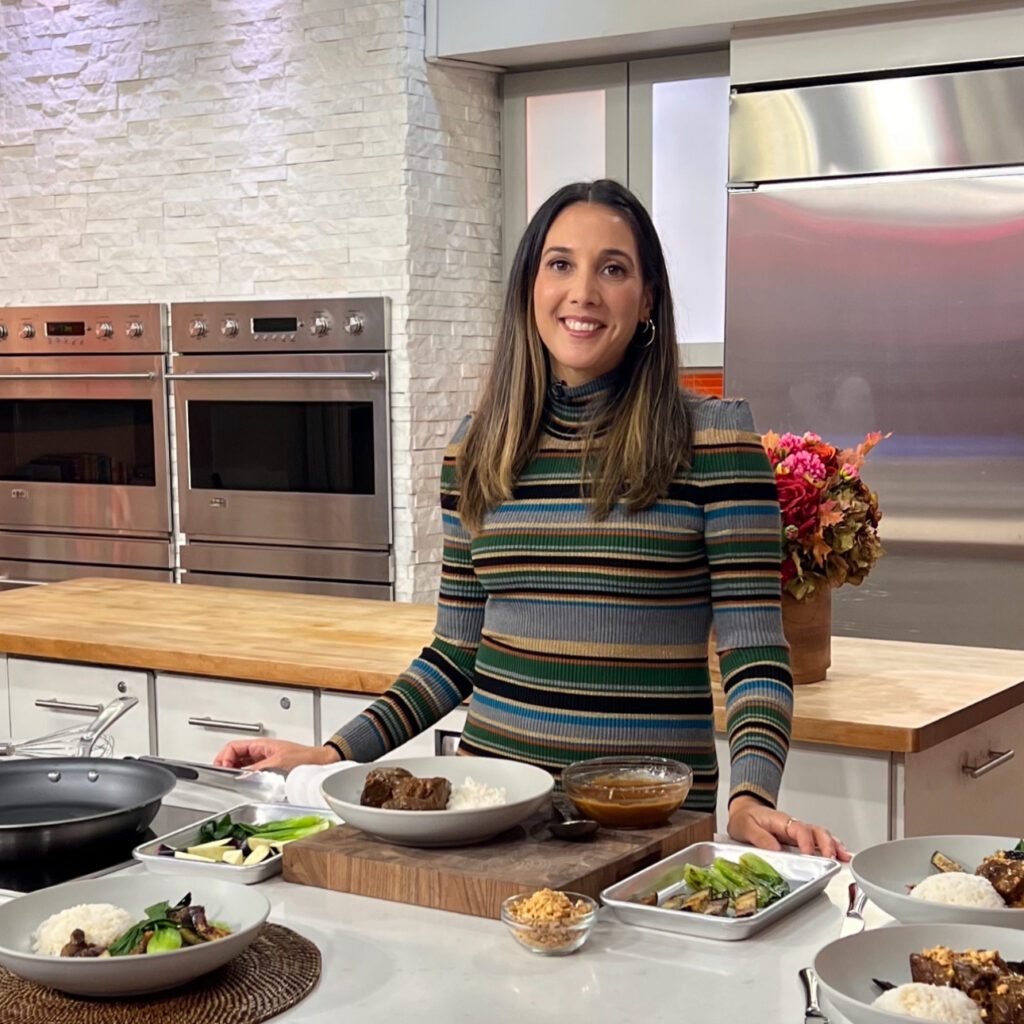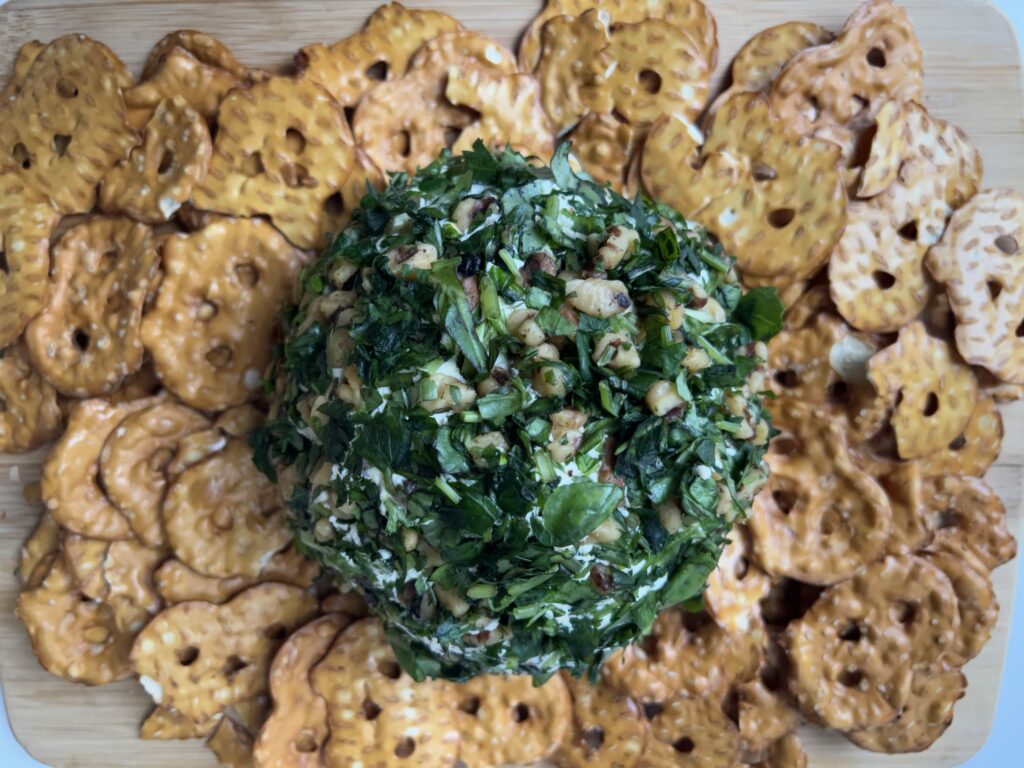For a lot of veggie lovers, a weekly grocery list includes pre-packaged salad greens for convenience.
For a lot of veggie lovers, a weekly grocery list includes pre-packaged salad greens for convenience. You can just go home and toss it with your favorite dressing. But wait — you missed an important step. Washing! Washing produce isn’t just about getting any dirt that may remain, but it removes most of the pesticides and can reduce – but not eliminate – bacteria that may be present.
Practically every vegetable in the grocery store has been treated with pesticides. Yes, even certified organic produce is grown using organic pesticides, which just means they are derived from natural sources. While pesticides are a hot topic, the more dangerous problem with salads is actually the bacteria. This past summer, more than 200 people got ill across the U.S. because of E. coli O157:H7 linked to romaine lettuce grown in Arizona. “Vegetable row crops” — lettuces, celery, broccoli and a few other vegetables — caused 36 percent of E. coli infections in 2015. E. coli, known as Escherichia coli to the scientific community, is a group of bacterium that live in certain foods, human and animal intestines and the environment at large. Some kinds of E. coli are actually beneficial and help maintain a healthy environment in your gut, but other kinds – such as O157:H7 – can cause severe illness and even death, as was the case this summer.
How does E. coli end up in your perfect Instagram-ready salad bowl? One reason is that some producers do not strictly maintain food safety standards. There are plenty of opportunities for the bacteria to make its way to you if food safety standards are not rigorously followed, including the improper use of manure, use of contaminated irrigation water, and inadequate sanitation of farm workers and equipment. Birds and other wildlife can also transmit the bacteria to crops in the field. Because lettuce and other leafy vegetables are not cooked before they are eaten, there’s no chance for the bacteria to be killed before it makes its way to you. And, if convenience is your thing, bagged and pre-cut lettuce present additional opportunities for contamination with harmful E. coli because they are exposed to more workers and equipment.
So, what can you, the consumer, do? Choose lettuces and other vegetables from sources that have high food safety standards and certifications. Bowery Farming is Safe Quality Food certified, which means we have rigorous food safety standards. Every person that enters our indoor farm must wear sterile protective clothing and go through sanitation checks.
We grow all of our produce in controlled-environment indoor farms using a hydroponic growing system that recycles water and promotes sustainability. Since all produce is grown in an environment that minimizes opportunities for contamination (and modern farmers wear gloves at all times), we don’t even need to wash produce before it’s harvested. The produce is packed, cooled and loaded into our trucks that deliver to stores within a few days, compared to approximately two weeks for traditional farms.
So, the next time you’re in a rush and wonder if you really need to wash that salad, the answer is yes (unless it is marked as “pre-washed” or “ready-to-eat”).




